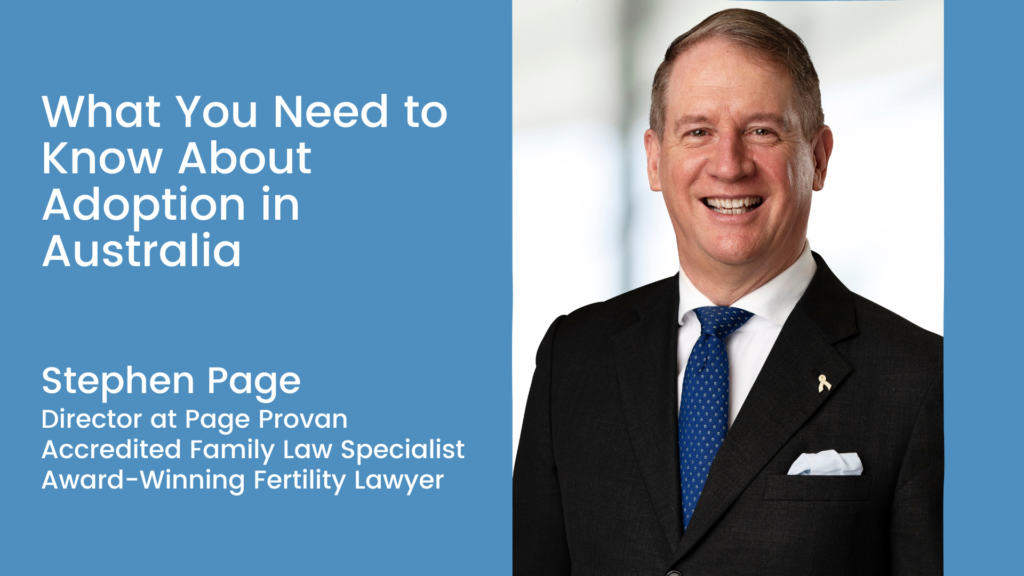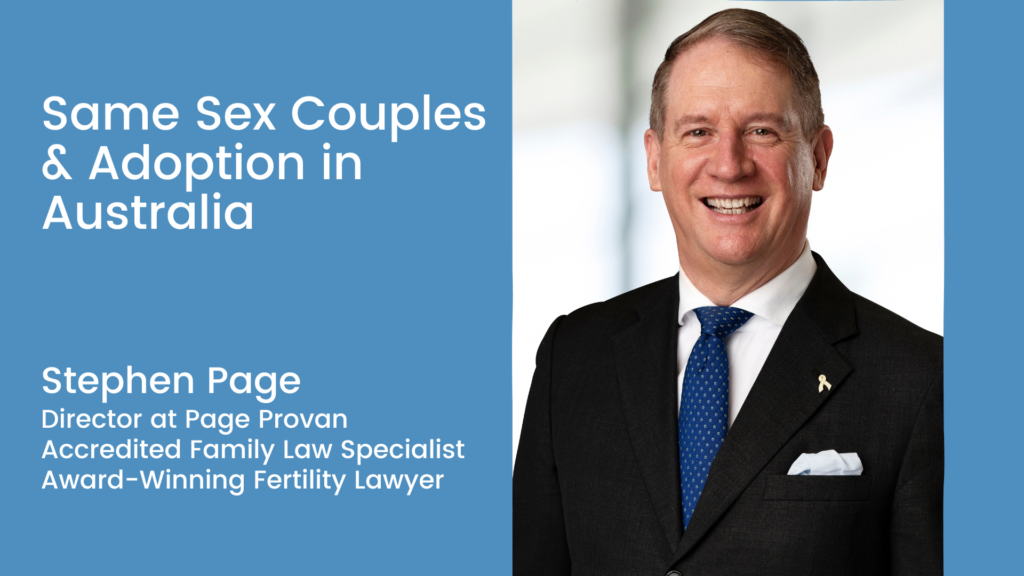South Africa appears not to be compliant with the Hague Convention
The 1980 Hague Convention and the 1996 Hague Convention are conventions signed at The Hague in the Netherlands. They are the key conventions used to get children who were abducted abroad to be returned home. They were signed by countries who are members of the Hague Conference on Private International Law, or who wish to be bound by the conventions. The Hague Conference on Private International Law is a body of nations who have come together since before World War One at The Hague to deal with international legal issues for private relationships (private international law). The United Nations by contrast deals with public international legal issues. Australia and South Africa are members of the Hague Conference.
The assumption is often made by lawyers and judges that if a child is abducted to a Hague Convention country that there will be systems in place to ensure that the child is returned home quickly.
This assumption is a mistake.
In some countries, such as the United States and Andorra, rather than the government of that country paying for the lawyers to have the child returned, the at home parent has to pay. This can be extremely expensive, and if the at home parent does not have the funds, means the child gets to stay with the abducting parent in that country.
Every year the US State Department provides an annual report as to “problem children” of the Hague community- those countries who do not return children quickly or at all. Those countries named include Guatemala and Brazil. However, these reports are with a US focus. They don’t cover the field to show who is or is not compliant with returning children.
What is evident from a presentation I listened to (in which South African case law was analysed) about South Africa is that getting children back from there under the Hague Convention is fraught with difficulties; to such an extent that if an Australian parent is considering whether or not she or he ought to let their child go to South Africa, she or he ought to get specialist advice from a South African family lawyer who specialises in Hague matters first. Prevention is better than cure.
This much was evident from the presentation:
- rather than the Central Authority acting quickly, it often sits on cases, with no action for many months- often for no apparent reason other than inertia within the Central Authority. This inaction can be fatal to success.
- then when cases come to court they are bogged down, stretching out delay after delay- whether in the trial processes or on appeal. All the adbucting parent need do is to keep dragging the process out. If they drag it out long enough, they will likely succeed. The at home parent will either give up, or the courts will rule in favour of the abducting parent.
- South African laws that specify hard time frames for when certain steps are to be taken by the courts are routinely ignored by court staff and judges.
- one judge after hearing evidence of the abuse by the father of the child (the child being terrified of the father) insisted on reintroducing the father to the child before making a Hague ruling. This is not his role. His role was simply to determine in a quick and summary manner as to whether or not the child ought to be returned to the country of origin- not make a determination as to best interests.
- the delays are then used as an excuse to say that the child is settled in South Africa and should not be returned overseas.
If in doubt about this view, have a look at three cases, all involving Australians, and all of them unsuccessful:
- Central Authority for the Republic of South Africa v MA– where it is plain that Central Authority failed to take basic steps to prove the applicant’s case.
- Central Authority for the Republic of South Africa v B- where delay was used to refuse to return a child to Australia, because he was well settled in South Africa.
- Central Authority for the Republic of South Africa v Ashmore– where delay was again used to refuse to return a child to Australia. The following paragraph illustrates the problem:












